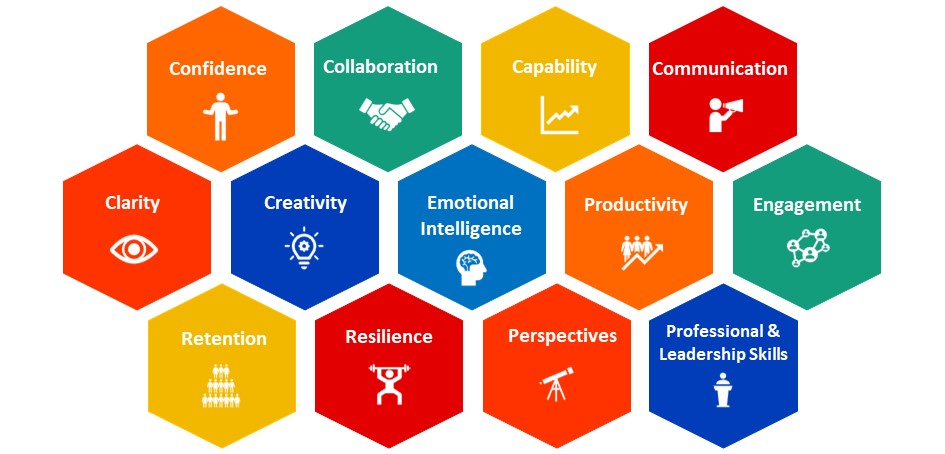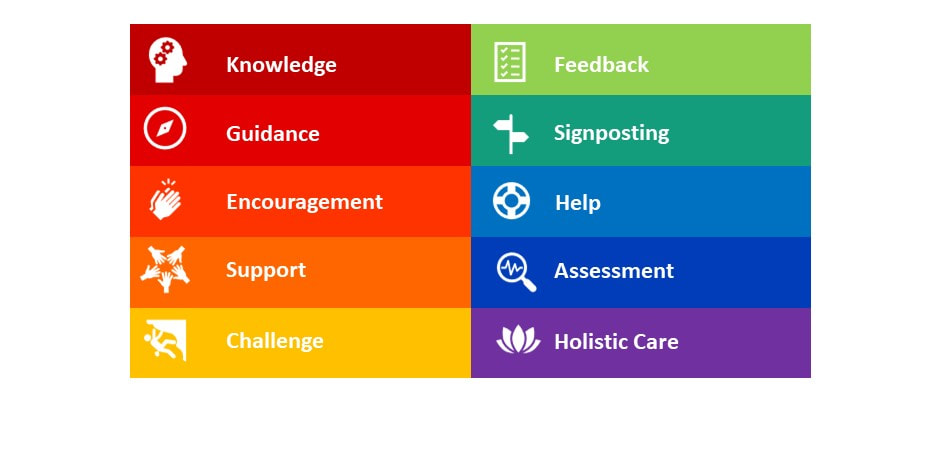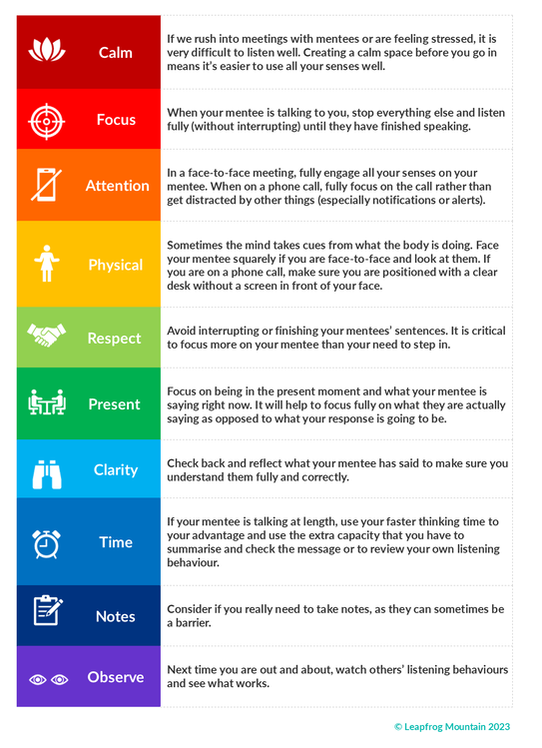As leaders we are often busy listening to others or listening to our inner voice which constantly says, ‘what’s next?’ Time invested in listening to yourself will add immense value to everything you care about.
So how good are you at really listening to yourself fully?
We have been covering this area recently with clients in our Leading Yourself & Others Training and our Career Crossroads service, so this lovely fox photo really made me think.
We have identified the top 3 ways that our clients have found make it only too easy for them to forget to tune in, check in and listen to themselves.
Deadlines
This can work two ways: you can be energised to finish something that you find pleasure in or it can be a deadline that you are dreading. However, both can have an impact you do not want. This can be shown in the following examples with some of our clients:
A leader in a fitness-based company took on an additional sport challenge. He wanted to champion it to help his team’s understanding and awareness of one of their new fitness products. He was enjoying it, wanted to do well and ended up overtraining. This resulted in him not being able to undertake all his normal work, including travelling to all his team locations, as he injured his shoulder. His inner drive to get a result meant that he did not listen to his body’s needs.
A lead architect had an urgent job to complete. The tight timeframes that he had agreed with his client and the complexities of the site made the work more difficult. He wanted the design details to be just right, especially as it was an important building to the town. However, if he could not speed up his work, his client would not be able to move premises in time which would cause significant business issues for them. He was grumpy, tired and was starting to make minor mistakes. It was only on his leadership training with us that he realised the situation he was in and came up with ideas on how to resolve it.
When we push through on deadlines, we often stop listening to ourselves. The watchpoints here are ‘I have to’ or ‘I must’. In business there are usually compromises to be found as urgency is often created when it is not fully needed. A sense of urgency with a deadline rather than a paced efficient approach results in a stress response. A stress response means less capability as your problem solving, creativity and communication skills will all be significantly depleted.
Key questions to ask yourself:
- Are you looking at all perspectives?
- Are there any other solutions that do not impact negatively on you?
- How can you renegotiate the deadline with yourself and with others?
- What have you learnt about your own approach to deadlines?
People Pressure
If someone else expects you to behave and think in a certain way, then often over time you can lose track of what you are really thinking and feeling as opposed to what they want. This can lead to considerable ill health and stress.
One of our clients had joined the family business and was trying to work hard. His father was very proud that he had joined as he had developed a successful business from a tiny start up. However, our client was struggling to learn and progress his skills and knowledge. He was bright but his passion lay elsewhere and the professional service area he was working in did not suit him. He attended our mentor training programme which we ran for the business and realised through that what he was really feeling and why. The value of seeing things through different perspectives really made a difference to him.
When our values and needs are being compromised over time in order to meet others’ values and needs, we stop listening to ourselves. What happens is that we simply disengage on a subconscious level. This leads to strained relationships and poor business results alongside health issues.
Key questions to ask yourself:
- What do you really want from your business/career?
- Is your current role fully meeting your needs?
- Are these your goals or someone else’s?
- Have you explored all options that are important to you?
Culture
This is where you stop listening to yourself because ‘that’s the way we do it around here’ culture exists. There is a strong need to fit in and it can be only too easy to not even realise any negative affect it is having on you. For example, a long working hours culture can easily become the norm, however, all the latest research shows that working longer hours and not taking breaks is simply unproductive. Equally worrying is the research over multitasking which is showing the longer-term damage it does to our brains.
Our client was very excited to start her new role leading a bigger team across three areas in the bidding profession. She had a prior track record of high performance and great team engagement. However, she had not realised that the overseas merger that was mentioned at interview was changing organisational culture. Originally the company had been promised a stand-alone set-up, but one month later that was no longer the case. All her prior research into company ethos, culture and values was therefore not relevant.
The culture became extremely top down and metric driven with a lack of engagement. Our client became increasingly concerned over staff morale and turnover, however, she felt that she ‘should’ fit in. Direct guidance from her Line Manager over managing a ‘lazy’ team and refusing emergency leave for staff cut across her own values and beliefs. Instead of listening to herself she was becoming increasingly stressed trying to manage her team as they wanted her to.
Through our Career Crossroads service, she was able to identify why the new role was not working for her instead of trying harder and harder to fit in and feeling like she was failing. She was then able to gain what she wanted from the role whilst creating a platform to exit at the right time for the right role.
Key questions to ask yourself:
- How can you create a better culture for yourself and your team?
- How can you best respect yourself as well as others?
- How can you best look after your body and mind?
- What is the most effective way for you to work?
- Have you got your balance right?
It is often hard to listen to yourself when you have not done it for a while. Investing time to do this means you are on the right track for you, and you are protecting your time, your energy, your relationships and your professional career.
Mentoring and leadership training solutions work brilliantly here to create a helpful and supportive space so you can decide your priorities and solutions for yourself.
So, here’s wishing you a lovely summer ahead and lovely time out to check in with yourself. 😊







 RSS Feed
RSS Feed
